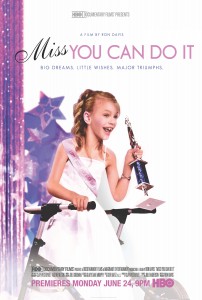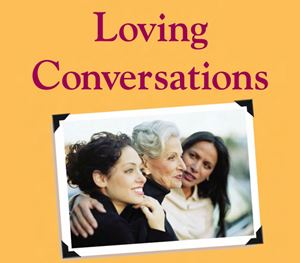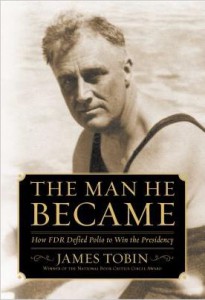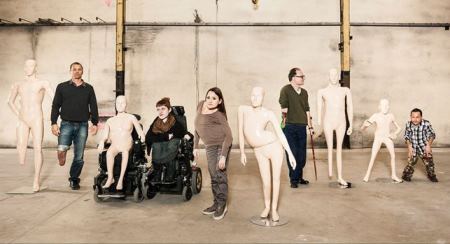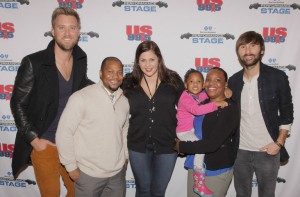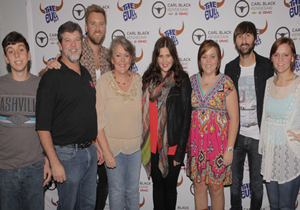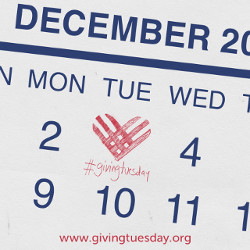5 toy-shopping tips from an expert: a mom!
by Beth Finke
Guest blogger Robin McReynolds is back with another post about life with her two children, Hope and Alek, and her husband Alexander.
by Robin McReynolds
It’s that wonderful time of year: holiday music, parties, family and yes…toys! If you have children in your life, it’s so wonderful to be able to buy them that perfect toy that will make them smile. If you have a child in your life with any special needs, you may not know where to start.
Some people wonder if they need to buy a child with special needs something sold only for children with disabilities. As a rule, I would say no. I drove myself crazy looking for special toys when my son Alek was diagnosed with Autism Spectrum Disorder (ASD) and bought him something from just about every special needs catalog available.
He rarely played with any of those special toys for more than a few minutes. If you want to see a child smile, find something they like, not something they “need.”
Kids with special needs, like children without special needs, like toys that interest them. Is the special child in your life in love with a special character? Does he or she like basketball? Soccer? Hockey? If you don’t see the child often, ask Mom or Dad. If the child has siblings, ask them. Siblings are always a great resource.
As a parent, I am always thrilled that someone takes an interest in my son and wants to find a toy that will be one of his holiday favorites. Here are a few helpful tips on shopping for a child with special needs:
- Remember that they have likes and dislikes like every child.
- You can find great ideas looking through award-winning toy lists – award-winning toys are always great fun and have added educational value.
- When looking at toy lists by age and interest, adjust for age based on parent recommendations.
- Fun, not expensive, is my motto.
- If you are truly at a loss for what a child might like, give a gift card to the toy store they love the most.
Of course the holidays are about so much more than toys, but nothing compares to the sounds of joy and laughter from children opening their presents. As a parent, I appreciate those who give from their hearts. Happy Holidays!








